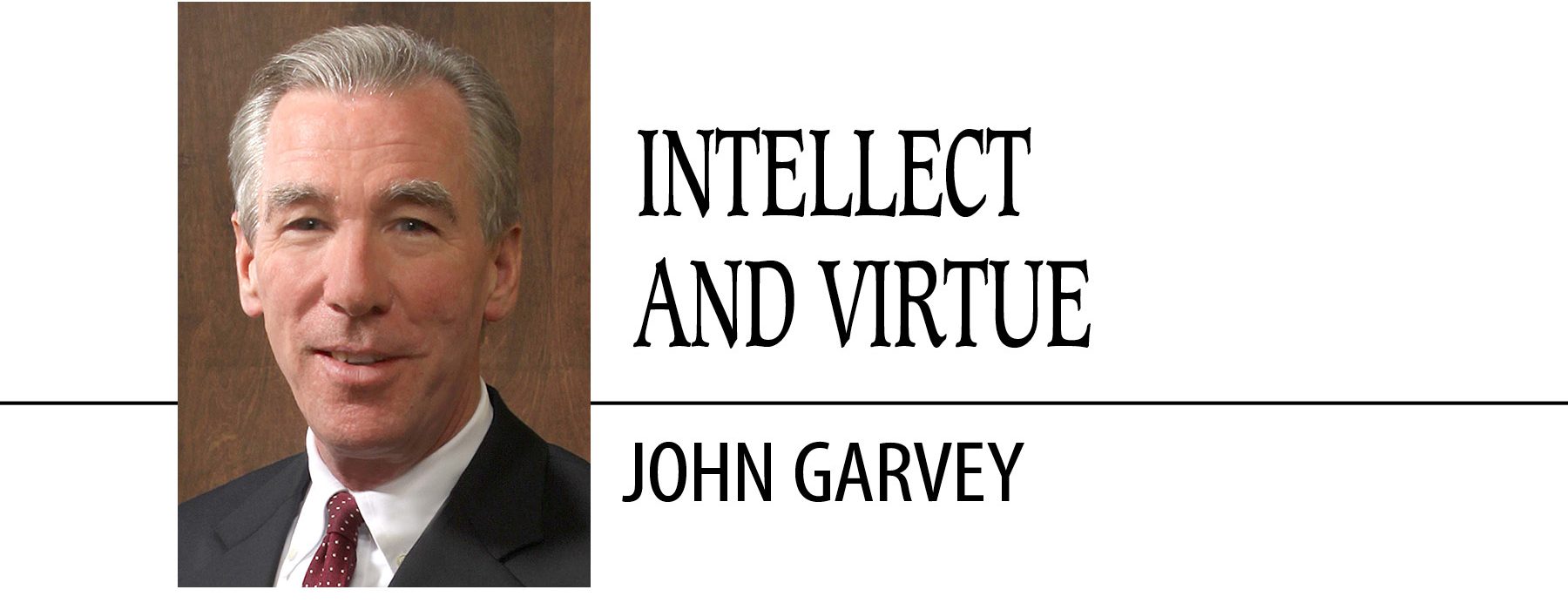March 22, 2022 // Perspective
Come on in
When I was a boy, there was a revolution in Hungary against the communist government. The Soviet Union put it down brutally. Several hundred thousand Hungarians fled the country, some for the United States.
My grandfather took in one family. They moved into the little white house where I was born and stayed for a year or two, until the dad found a job in a local auto body shop. The children were a wonder to us. Their clothes were different. We had never heard a language other than English.
I’ve been thinking about this as I have watched the news about the invasion of Ukraine. The Russians have bombed civilian areas, and more than 3 million people have fled the country. Sixty percent of them have gone to Poland, their neighbor to the west. Most are women and children. The men stay behind to fight.
The Polish government has provided an easy off-ramp. It is accepting refugees without a passport. It is drafting a bill to allow Ukrainians social benefits available to permanent residents. Arrivals at the border are taken by tour buses to reception centers where they can get food and beds, medical care and legal services.
The European Council has approved a Temporary Protection Directive that will allow Ukrainians to stay in EU member states for up to three years. During that time, they can work and get access to housing, medical services and education.
These are generous policies, to be sure. But what I have marveled at are the nightly reports of ordinary people taking refugees into their homes. The New York Times reports that more than 500,000 Poles have joined a Facebook group that coordinates support.
These families don’t have a spare house like my grandfather did. The Times spoke with one couple who moved their 5-year-old daughter into their bedroom to make space for a mother and her 2-year-old son.
Imagine living in that household. Overnight, your food bill doubles. Guests need anything they have not crammed into a suitcase. They likely have little money (hryvnia, not euros). Evenings around the table are not like a visit from your college roommate. These are strangers. Poles and Ukrainians are Slavs, so there is a rough linguistic similarity, but they’re not like Danes and Swedes. Any conversation is work.
To most Americans, this prospect seems strange and off-putting. As Father Henri Nouwen once observed, here “the assumption is that strangers are a potential danger and that it is up to them to disprove it.” We protect our apartments with dogs and double locks. We no longer pick up hitchhikers. We teach our children to avoid the risk of “stranger danger.” We post security guards in subways and airports.
Something about our culture has bred in us an unhealthy fear of strangers. I wonder whether our very prosperity is to blame. The rich can wall themselves off from people they don’t know. Wealth lets them be selective in their relationships. They choose their friends and connect at work, on social media and by air travel. And if you’re rich, you yourself have probably never had to depend on the kindness of strangers.
Whatever the explanation, our fear of strangers may cause us to lose sight of an essential Christian virtue. St. Benedict says, in Chapter 53 of his Rule, that “any guest who happens to arrive at the monastery should be received just as we would receive Christ himself, because he promised that on the last day he will say: ‘I was a stranger and you welcomed me.’”
Garvey is president of The Catholic University of America in Washington. Follow him on Twitter @CatholicPres. Catholic University’s website is www.cua.edu.
The best news. Delivered to your inbox.
Subscribe to our mailing list today.






